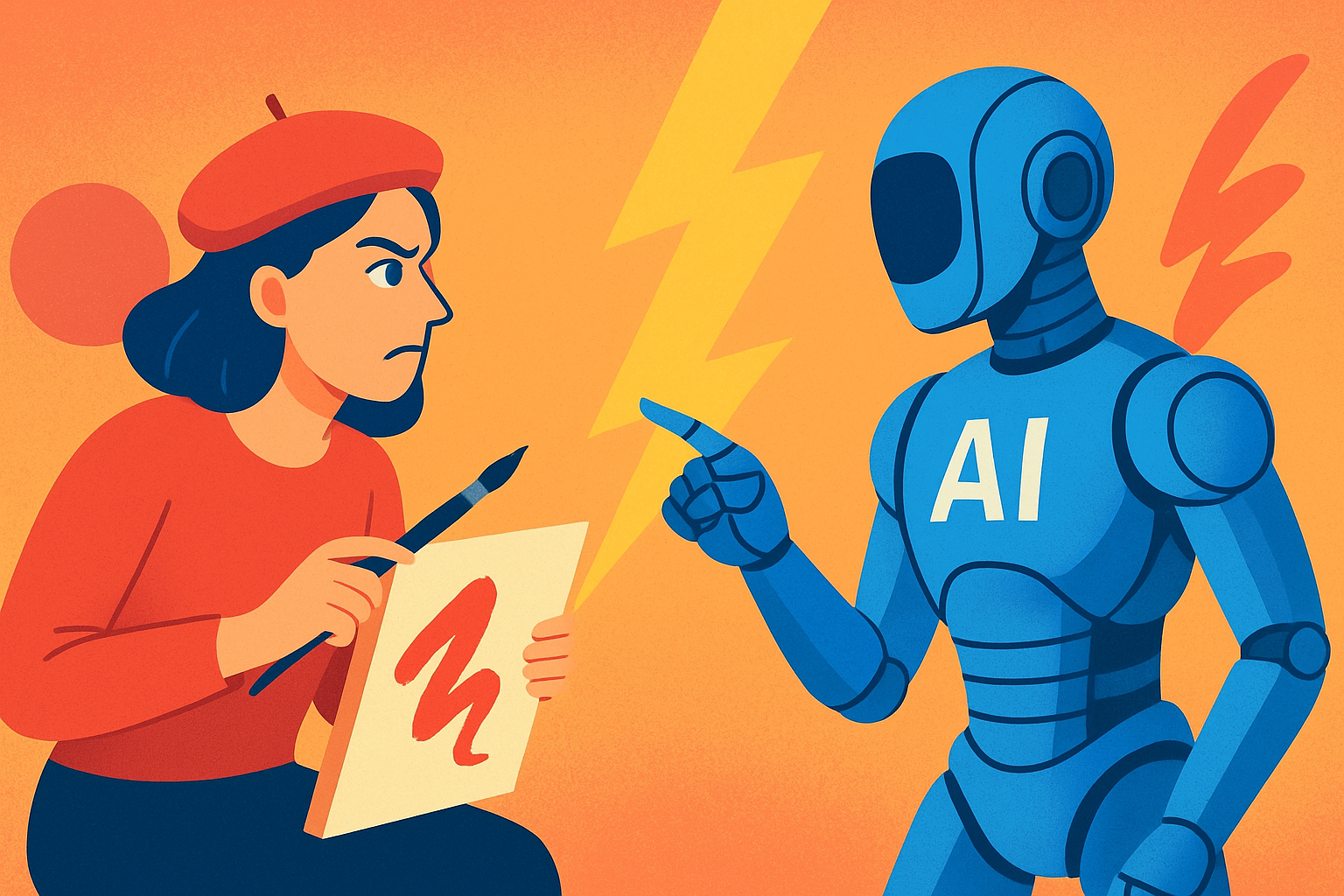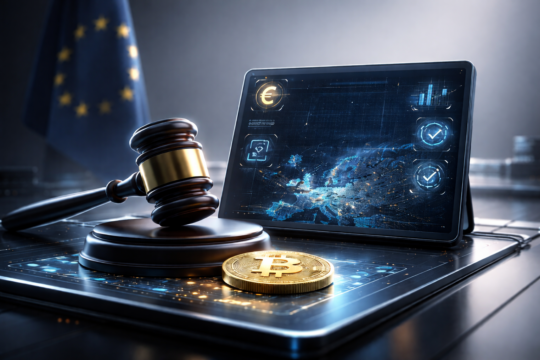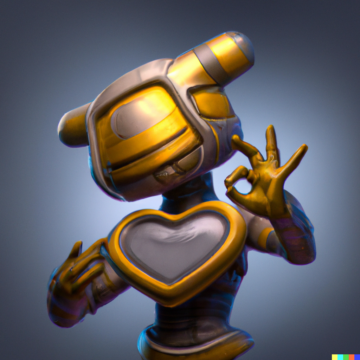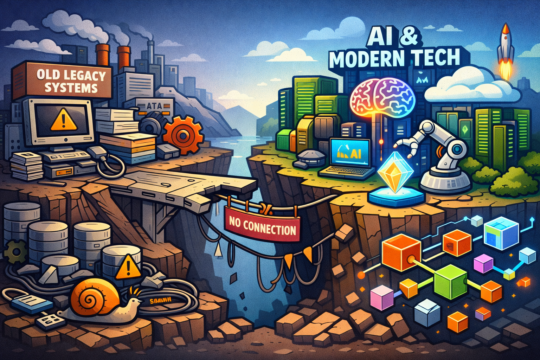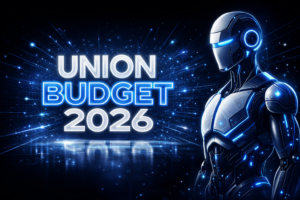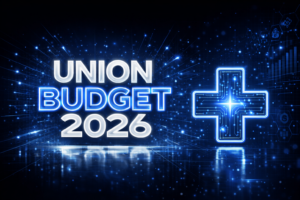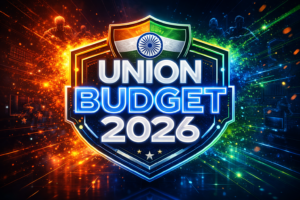As AI tools like ChatGPT and Stability redefine how art and literature are made, they’re also redrawing the boundaries of ownership and originality. Around the world, courts are now deciding what it means to “create” in an era where machines remix the world’s collective imagination. From artists losing control of their work to AI systems trained on copyrighted material without consent, the creative industry is caught in a storm of legality and ethics that shows no signs of slowing down.
From artists losing control of their work to AI systems trained on copyrighted material without consent, the creative industry is caught in a storm of legality and ethics that shows no signs of slowing down.
History shows that artists and authors have always faced poverty and fought for recognition, (until the likes of New York Times best sellers came along) but what today’s artists and authors are facing is unprecedented as a crisis.
AI firm Stability AI won a lawsuit against Getty images, despite evidence that Getty’s images were used to train Stability’s model, which allows users to generate images with text prompts.
And the artist continues to see their hard work just being taken away without compensation. As a senior lawyer, Rebecca Newman, a legal director at Addleshaw Goddard, said this means “the UK’s secondary copyright regime is not strong enough to protect its creators”.
This concern stems from the changes happening with AI’s advent. At the beginning of the year, the UK government started changing copyright laws to draw in more AI companies to the region. With the proposed change, AI models would be allowed to train on artist content found online, without permission or payment, unless the creators proactively “opt out.” A group of 1,000 musicians even released a “silent album,” to protest the changes.
In June, a US federal judge ruled in favor of Meta against a group of authors who had argued that its use of their books without permission to train its AI system infringed their copyrights. In a big win for authors, on the other hand, in the US, in a landmark settlement, Anthropic agreed to pay US$1.5 B to a group of authors and publishers after a judge ruled it had illegally downloaded and stored millions of copyrighted books.
Both cases examined whether or not the firms had violated copyright when they trained their large language models on copyrighted books without permission. The ruling in Anthropic’s favor deemed the usage of the books legal since what was done was transformative and didn’t replace the original work but made something new from them.
“The technology at issue was among the most transformative many of us will see in our lifetimes,” senior district judge William Alsup wrote in his judgment.
In Meta’s case, district judge Vince Chhabria’s ruling in favor of Meta focused on whether Meta’s action had harmed the market for the authors’ work. “The key question in virtually any case where a defendant has copied someone’s original work without permission is whether allowing people to engage in that sort of conduct would substantially diminish the market for the original,” he wrote on June 25.
Experts believe that the problem is far from solved, because the main complaint of content creators is not copyright violation, but that their livelihoods and business models are on the brink of destruction.
As The Algorithm asks, “And beyond that: when AI slop devalues creative effort, will people’s motivations for putting work out into the world start to fall away?”
If AI starts threatening the entire ecosystem that is the writing industry, meaning if it becomes unprofitable to publish a book, what happens to authors of the future? It’s a real concern if you think about it. An author might want to pivot away from a field that has been a profitable ecosystem so far but now any AI company can just swoop down and take away the work.
If AI starts threatening the entire ecosystem that is the writing industry, meaning if it becomes unprofitable to publish a book, what happens to authors of the future? It’s a real concern if you think about it. An author might want to pivot away from a field that has been a profitable ecosystem so far but now any AI company can just swoop down and take away the work.
AI Slop is Filling Up the Market
Meanwhile, a new breed of artists have started sprouting, those who use AI to create art and then claim copyright for it. Last year, artist Jason M. Allen asked a Colorado federal court to reverse a US Copyright Office decision that declined protection for an award-winning image he had created with the help of AI.
Recently, MIT research proved that generative AI boosts human creativity, when employees have the right tools and skills to use it properly. However, are we really boosting human creativity or just relying on Gen AI to offer the amalgamation of past human creativity? Is AI ever offering something new or just getting us already existing ideas?
Are we really boosting human creativity or just relying on Gen AI to offer the amalgamation of past human creativity? Is AI ever offering something new or just getting us already existing ideas?
Gen AI work isn’t all that clean either. Time and again, we witness its sloppiness. Companies are now hiring people to improve AI-generated art, writing, and code. Freelancers out there know that since Gen AI’s advent, half the gigs a freelancer is sought for are rewrite jobs on AI-generated content.
People have been using AI to assist in all kinds of writing these days, and it shows. Some researchers at the Max Planck Institute for Human Development analyzed close to 280,000 YouTube videos from before and after ChatGPT’s release and found some notable linguistic patterns that align with the type of words AI models favor. Words like “delve,” “realm,” and “adept” are AI favorites, but most speakers are unaware of the quiet shift.
Generative AI such as ChatGPT has been proven to enhance human creativity at the cost of content diversity. Yet, what happens when those who are dependent on it, find ChatGPT inaccessible?
AI may seem to make people more creative, but it doesn’t actually teach them to create, and their creative ability fades when the tool is gone.
A study, found that even though generative AI helps scholars to publish more academic works in higher-ranked journals and augments individuals’ performance in creative tasks, this creativity diminishes remarkably when AI assistance is withdrawn. Even months later, their work remains more uniform and less original, a kind of “creative scar” left behind. The study calls this a ‘creativity illusion’. AI may seem to make people more creative, but it doesn’t actually teach them to create, and their creative ability fades when the tool is gone.



